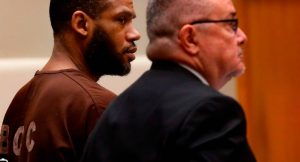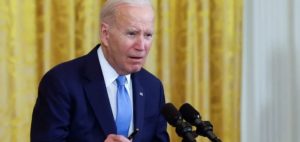
In Washington Congress’s debate over renewing an out-of-date surveillance warrants bill has been overshadowed by a mystery incident: Around three years ago, a Federal Bureau of Investigation analyst broke the guidelines for looking at a database of messages supplied by the program by asking overly general questions of an unidentified member of Congress.
The conversation over the incident, which was briefly mentioned in a report’s footnote that was published in December, took an unexpected turn on Thursday at a meeting of the House Intelligence Committee. An Illinois Republican, Rep. Darin LaHood, recognized himself as that legislator.
He remarked from the platform, “I got the chance to see the classified summary of this infraction, and I believe that the member of Congress who was wrongly questioned for his identity just few times was actually me.
Legislator Mr. LaHood is not just any old legislator. He is the leader of a bipartisan task team of members of the Intelligence Committee working to urge Congress to renew the dubious Section 702 law.
Even if the targeted foreign nationals are corresponding with Americans, Section 702 permits the government to gather their private messages without a warrant from American businesses like Google and AT&T. There has been debate regarding the FBI’s capacity to look through the database of intercepted messages for information about Citizens.
Elected to Congress in 2015, Mr. LaHood is a former counterterrorism attorney and the son of Ray LaHood, who was also a Republican member of Congress from Illinois and later served as Secretary of Transportation in the Obama administration.
Mr. LaHood gave no further details about the incident. But he was scathing in his remarks to the committee, calling the communications requests involving a member of Congress a egregious violation that betrayed confidence in the state’s supervisory powers and “could be viewed as a threat to the separation of powers.”
At the same time, he made it clear that he still believed Congress needed to reauthorize Section 702, which he hailed as an important tool in countering a wide range of foreign threats. Citing FBI abuses, he told a number of witnesses that the government needed to do more to build public and congressional trust in order to secure the extension of the law.
“This reckless misuse of this critical tool by the FBI is unfortunate,” he said. “Ironically, I think it gives me a good opportunity and a unique perspective on what’s wrong with the FBI and the problems the FBI has.”



